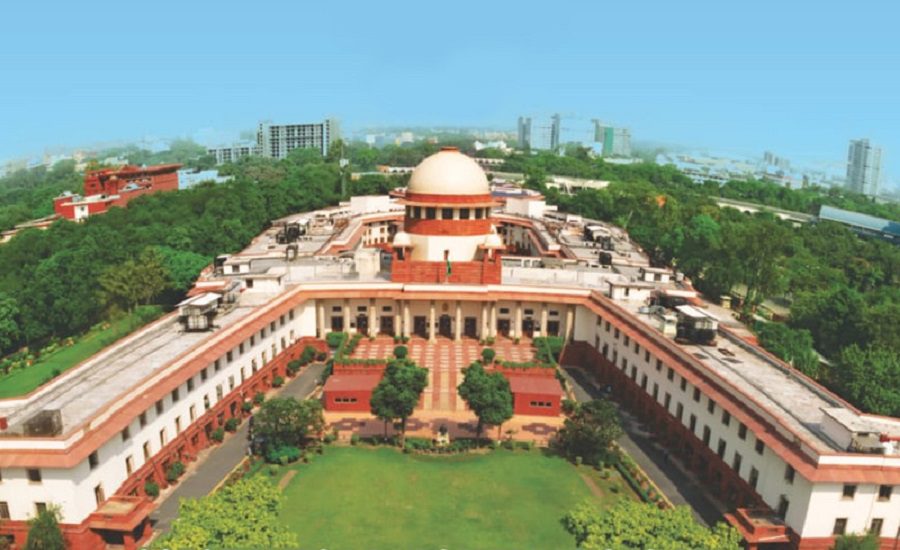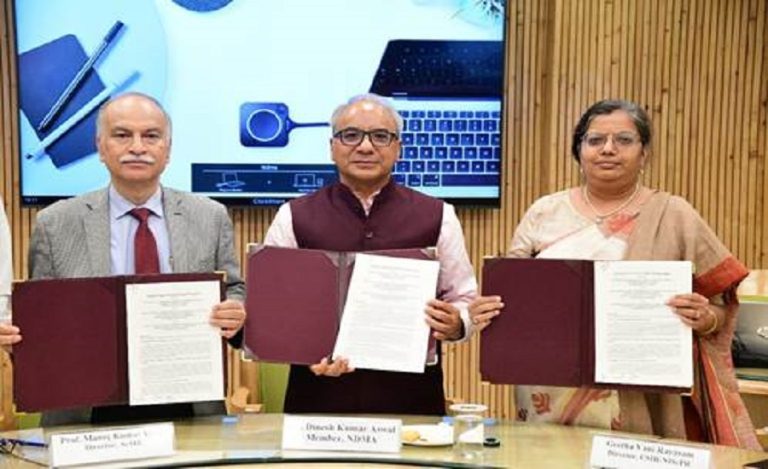New Delhi: In a landmark reaffirmation of public accountability, the Supreme Court has ruled that no individual—regardless of political stature or judicial authority—can indefinitely retain government accommodation after demitting office. The judgment comes in the wake of two high-profile housing controversies involving former Bihar MLA Avinash Kumar Singh and ex-Chief Justice of India D.Y. Chandrachud.
The apex court dismissed Singh’s plea challenging a penalty rent of ₹21 lakh for overstaying in a government bungalow in Patna for two years after resigning as an MLA. At the same time, it asked the Centre to reclaim official premises from Justice Chandrachud, who had allegedly overstayed in the CJI bungalow beyond the permissible period.
Former MLA’s Petition Gets No Relief
Avinash Kumar Singh, a five-time MLA from Dhaka in Bihar, approached the Supreme Court after the Patna High Court upheld a ₹21 lakh penalty imposed on him for retaining the bungalow on Taylor Road between April 2014 and May 2016. He had stepped down from the assembly to contest the 2014 Lok Sabha elections, which he lost.
Singh cited his later nomination to the State Legislature Research and Training Bureau and claimed entitlement to MLA-level facilities under a 2009 notification. However, the bench led by Chief Justice B.R. Gavai firmly rejected his argument. “Once you resigned from the post, you should have vacated the accommodation within the stipulated time. No one can hold onto a government bungalow indefinitely,” the court said.
Despite his counsel’s request to reconsider the penalty amount as excessive, the court remained unmoved. Singh ultimately withdrew his petition, with liberty to pursue alternative remedies under law.
Ex-CJI Chandrachud Under Scrutiny for Overstay
The court’s stern view came amidst a separate controversy involving former CJI D.Y. Chandrachud. He retired on November 8, 2024, but reportedly continued living in the CJI’s official residence at 5 Krishna Menon Marg beyond the permitted six-month extension allowed under the 2022 rules.
On July 1, 2025, the Supreme Court administration wrote to the Ministry of Housing and Urban Affairs urging immediate repossession of the bungalow. The court emphasized that such residences should return to the judicial “housing pool” without delay.
Under Rule 3B of the Supreme Court Judges (Amendment) Rules, 2022, retired CJIs are allowed to retain Type VII bungalows (one level below the CJI residence) for up to six months post-retirement.
Chandrachud Cites Daughter’s Health for Delay
Responding to the controversy, Justice Chandrachud clarified that his belongings had been packed and he was readying to move. He explained the delay was due to the special medical needs of his two daughters, both of whom suffer from nemaline myopathy—a rare genetic disorder that requires round-the-clock care in a wheelchair-accessible, hygienic space.
“We are not the first to be given this extension,” Chandrachud noted, referencing earlier instances involving former CJIs U.U. Lalit and N.V. Ramana. He added that his daughters’ conditions necessitated exceptional support, and the current residence offered a rare blend of accessibility and proximity to medical care.
Chandrachud also said he had discussed the matter with his successor, CJI Sanjiv Khanna, who requested him to continue in the CJI bungalow since he did not wish to occupy it immediately himself.
Court’s Stand: Accountability Must Prevail
This episode has reignited debate around the misuse of government properties by public officials. The Supreme Court has in previous rulings, such as the ‘Lok Prahari’ and ‘SD Bandi’ cases, emphasized that public figures must not use influence to unlawfully occupy official bungalows. The court has urged swift eviction measures in such instances.
The consistent message from the judiciary is clear: service to the public comes with accountability. The privilege of office cannot be stretched into personal entitlement.




























